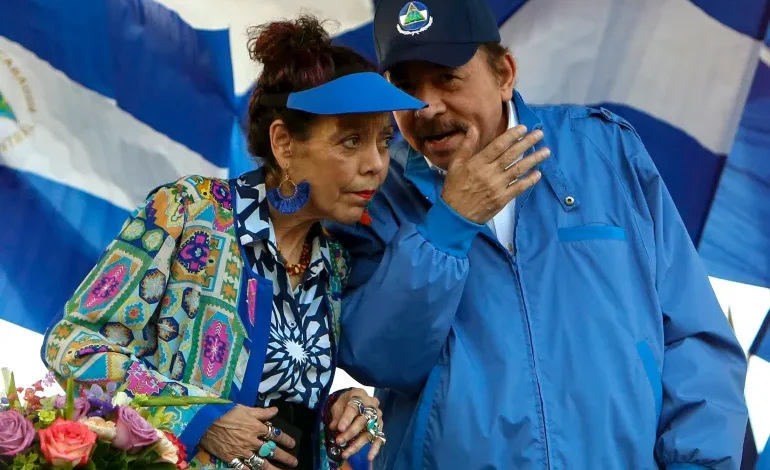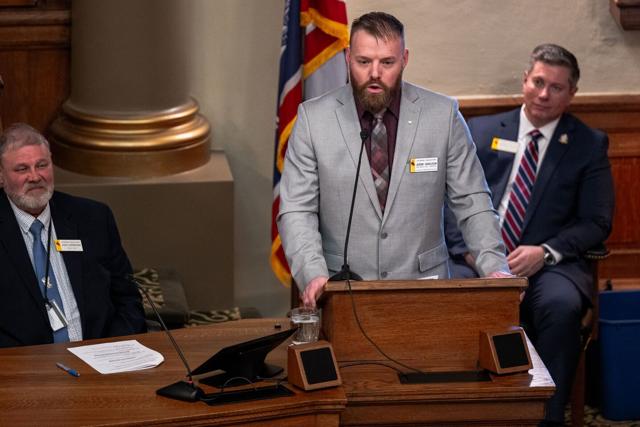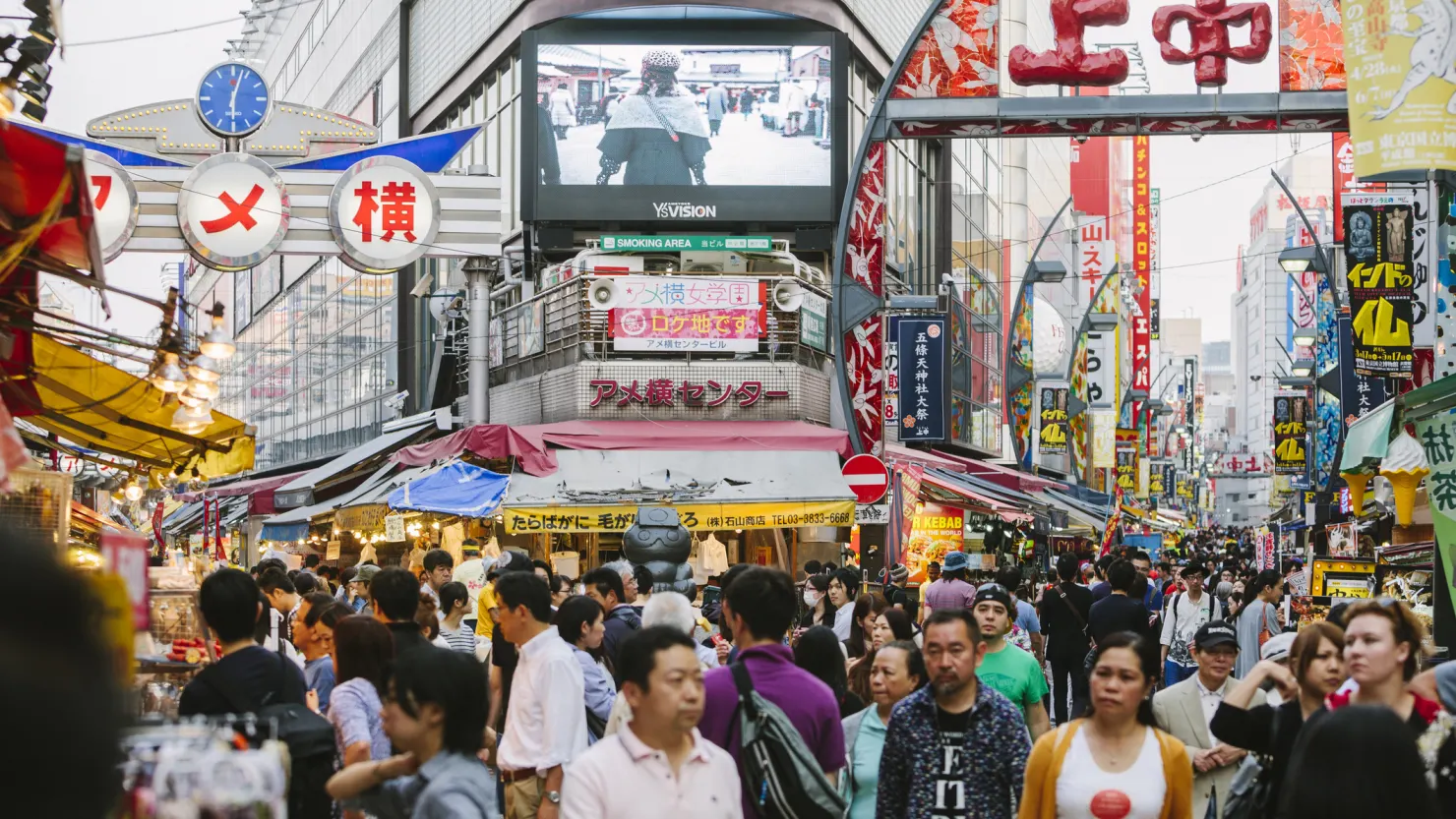Nicaragua’s Legislature Approves Sweeping Reforms, Solidifying President’s Power

Nicaragua’s legislature has unanimously passed a series of constitutional reforms granting significant new powers to President Daniel Ortega and his wife, Vice President Rosario Murillo, Al Jazeera reports.
The move, which critics have decried as a power grab, further entrenches the Ortega-Murillo regime’s control over the country.
The reforms, passed without dissent on Thursday, effectively make the vice president a “co-president.” They also expand government influence over the media, extend the presidential term to six years, and allow either co-president to appoint any number of vice presidents. Notably, in the event of President Ortega’s death, Murillo would automatically assume the presidency without the need for new elections.
The National Assembly, in a statement on Wednesday, declared that the reforms comply with the directives of President Ortega and Vice President Murillo, “in order to continue deepening our revolution.”
These legislative changes are the latest in a series of moves by Ortega to consolidate power and silence dissent. International human rights organizations, including Human Rights Watch, have strongly condemned the reforms. In a 2024 report, Human Rights Watch stated that Ortega and Murillo have intensified repressive activities and that the constitutional reforms provide legal cover for “systematic human rights violations,” such as revoking the citizenship of perceived “traitors.”
Ortega, once a key figure in the Sandinista rebellion against the U.S.-backed military leader Anastasio Somoza, has been criticized for his increasingly authoritarian rule. He served as president from 1985 to 1990, before returning to power in 2007. Critics say his second term has been marked by growing anti-democratic tendencies and the commission of crimes against humanity.
A major turning point occurred in 2018, when government forces violently suppressed anti-austerity protests, resulting in the deaths of at least 355 people. Since then, Ortega has moved to shutter numerous non-governmental organizations, religious groups, and universities.
He has also organized flights to deport opposition figures and protesters imprisoned under his administration, stripping them of their Nicaraguan citizenship upon their arrival abroad and seizing their property.







